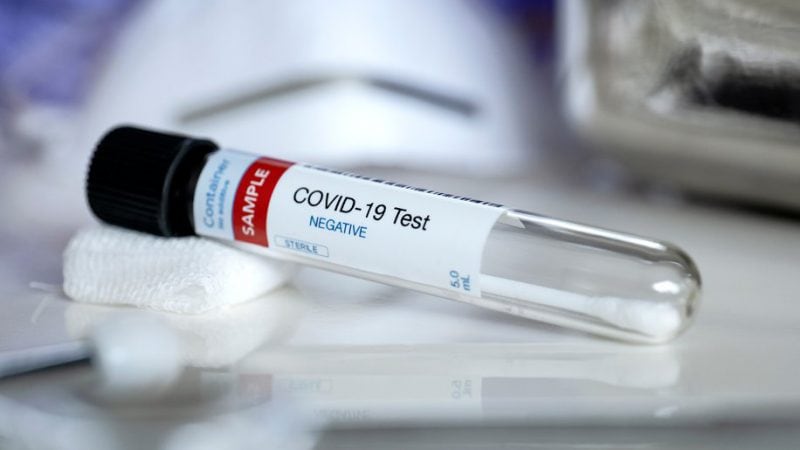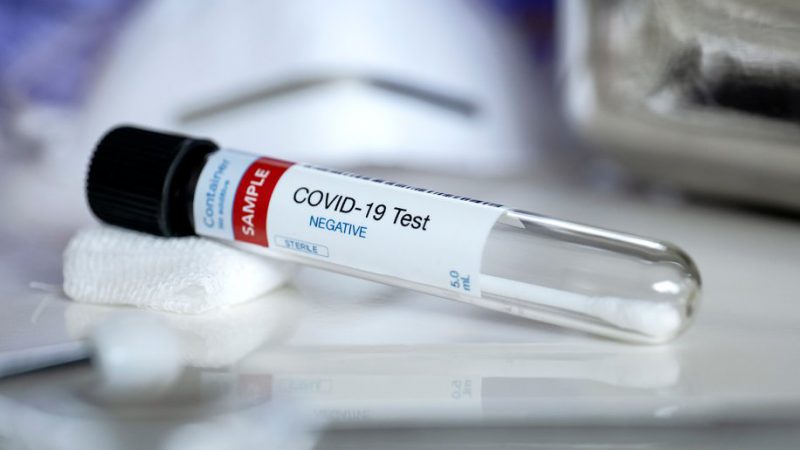US Mandates Pre-departure Tests for All International Arrivals
Starting Jan. 26, new CDC rules require US-bound air travelers to provide negative test results prior to boarding
January 13, 2021


Beginning Jan. 26, all inbound airline passengers entering the United States will be required to show negative COVID-19 test results prior to travel, according to the Centers for Disease Control and Prevention.
The new CDC rules require travelers to have a viral test, which detects a current infection, within three days before departure to the US. Proof of a negative test result either on paper or electronic copy must be presented to the airline before the passenger is permitted to board.
Alternately, the CDC says the traveler must produce documentation of having recovered from COVID-19. Without proof of negative test results or recovery from COVID-19, the airline must deny boarding, according to a CDC statement.
The CDC’s blanket testing mandate for international arrivals into the US comes as health officials in the US and around the world have been ratcheting up testing requirements in response to the recent emergence of variants of the SARS-CoV-2 virus in England and South Africa, which appear to be more infectious than the original strain.
At the end of December, the CDC ordered all travelers arriving from the UK to show negative results from a pre-departure COVID test.
Days later, the UK’s Department for Transport announced its own pre-departure testing requirement for arriving passengers in to England. The new UK rules are set to take effect beginning this Friday, Jan. 15.
In Canada, the government has imposed its own pre-departure testing protocols in addition to its current 14-day quarantine mandate.
In an attempt to restart lagging passenger numbers, the airline industry has been advocating for a global testing regime to replace travel bans and quarantines for international travel. However the new CDC rules make no mention of easing self-isolation recommendations, as governments struggle to contain infection rates.
In addition to the pre-travel testing mandate, the CDC continues to recommend travelers get tested again 3-5 days after arrival and stay home for 7 days post-travel. “Testing before and after travel is a critical layer to slow the introduction and spread of COVID-19,” the CDC statement read.
“Testing does not eliminate all risk,” Dr. Robert R. Redfield CDC director said. “But when combined with a period of staying at home and everyday precautions like wearing masks and social distancing, it can make travel safer, healthier and more responsible by reducing spread on planes, in airports and at destinations.”




